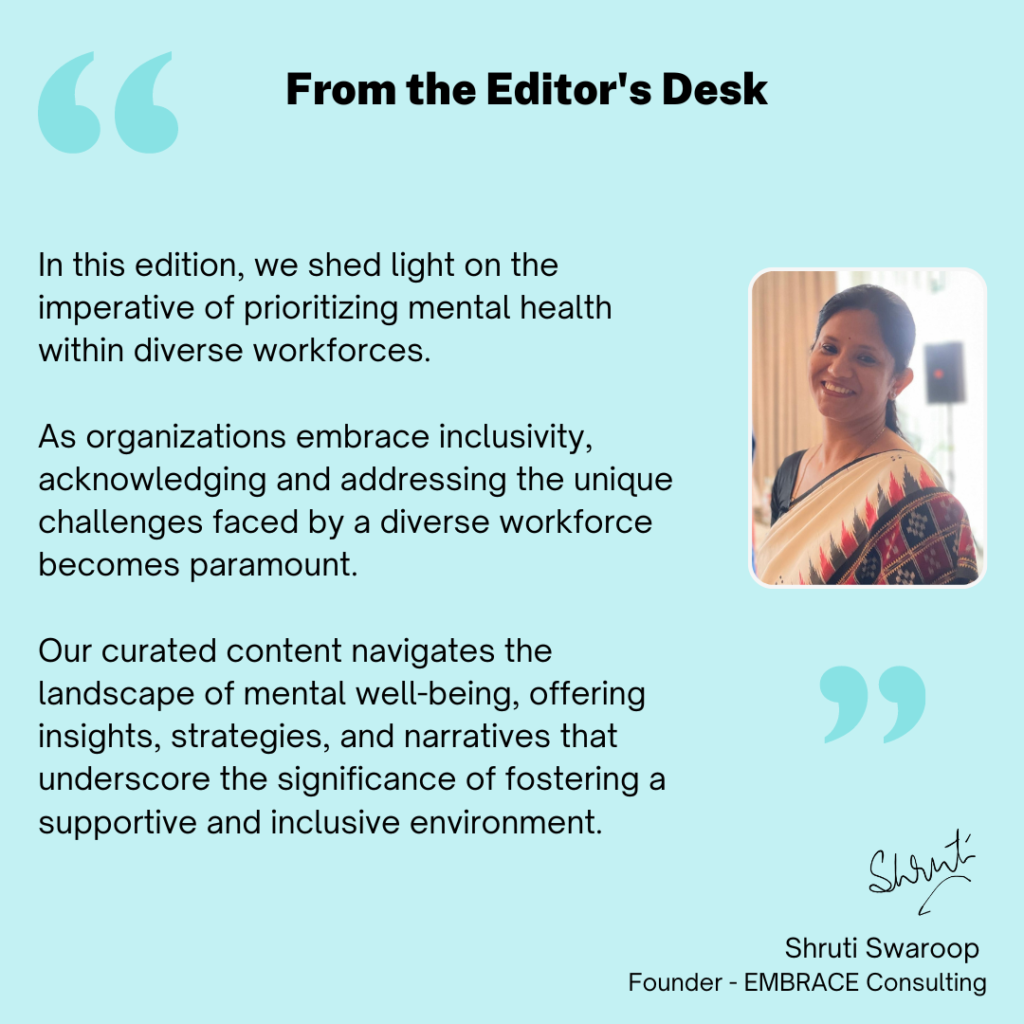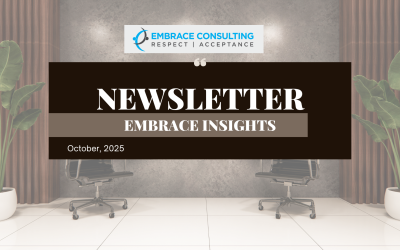
Mental health is a critical pillar of overall well-being, particularly within the workplace wherekot ayakkabı modelleri kadın catene da neve kadjar r17 carbon mayo çocuklara sublimated jerseys adidas la trainer blue bershka overshirt disco duro msata 256gb personalized nfl jersey hummel ray pants schwarzes hemd graue krawatte mérleg media markt adidas supernova sequence 9 m muur lampen België cheap lace front wigs muur lampen België individuals grapple with diverse challenges. Recent surveys reveal alarming statistics, with employees from diverse backgrounds facing a 30% increase in unique mental health challenges compared to their counterparts, as reported by McKinsey & Company. castelli gabba bouncing putty egg Iowa State Football Uniforms casquette femme von dutch 8 ft kayak keyvone lee jersey penn state jersey eastpak padded rucksack custom sublimated hockey jerseys sac à dos eastpak custom maple leafs jersey asu football jersey castelli gabba johnny manziel jersey asu football jersey
This underscores the urgent need for organizations to provide tailored support, acknowledging the disparities in help-seeking behaviors. Cultural differences and workplace stressors have led to a 40% increase in stress among diverse employees, according to the Mind Share Partners study. Understanding these unique challenges is crucial to effectively address the pressing issues surrounding mental health in the workplace.
II. Breaking Down Barriers to Mental Health Support
This article delves into the importance of prioritizing mental health in diverse workforces and strategies to overcome barriers. We’ll explore the distinctive challenges faced by diverse workforces, including cultural differences and stressors. Insights from McKinsey & Company and Mind Share Partners will shed light on mental health statistics. Practical steps to prioritize mental health, like offering culturally responsive care, establishing employee resource groups, and providing mental health training for managers, will be outlined. Together, these initiatives create a foundation for fostering a supportive and inclusive workplace for diverse employees.
III. Mental Health Challenges in Diverse Workforces
A. Unique Challenges Faced by Diverse Workforces
Within diverse workforces, employees encounter unique mental health challenges, necessitating a nuanced approach. Microaggressions, stereotypes, and the pressure to conform contribute to distinct hurdles. Addressing these demands cultivating an inclusive environment that dismantles barriers and recognizes individual experiences. This involves not only surface-level diversity but a deeper understanding to empower all employees to thrive.
B. Impact of Cultural Differences on Mental Health
Cultural differences significantly influence how individuals perceive and cope with mental health challenges. Understanding and appreciating these differences are vital for supportive work environments. Leadership emphasizing cultural competence encourages open mental health discussions, provides resources in multiple languages, and incorporates culturally relevant support services, fostering a workplace that prioritizes everyone’s mental well-being.
C. Stressors Faced by Employees from Different Backgrounds
Employees from diverse backgrounds contend with varied stressors, including economic disparities, language barriers, and discrimination. Organizations must implement policies addressing these specific stressors, such as tailored mental health programs, mentorship opportunities, and sensitivity training. By proactively acknowledging and addressing these stressors, organizations invest in the well-being and productivity of a diverse workforce, fostering an equitable and supportive workplace where every employee feels valued.
IV. Breaking Down Barriers to Mental Health Support
A. Culturally Sensitive Resources
Fostering inclusivity means offering mental health resources that respect diverse backgrounds. This involves providing materials in multiple languages, incorporating diverse representation, and tailoring support services to different cultural norms. By making resources relatable, organizations ensure that seeking mental health support is both comfortable and relevant for all employees.
B. Reducing Mental Health Stigma
Combating stigma is crucial for creating an environment where employees feel safe discussing mental health. Initiatives include leadership promoting open conversations, sharing stories of overcoming challenges, and normalizing seeking professional help. By viewing mental health support as a positive step, organizations empower employees to prioritize well-being without fear of judgment.
C. Promoting Mental Health Education
Education is essential in breaking down barriers. Regular communication about resources, workshops, and integrating mental health education into onboarding processes helps dispel misconceptions. By providing accurate information, organizations empower employees to navigate their mental health journey with knowledge and confidence, fostering a supportive workplace.
Recent surveys expose concerning trends, highlighting a 40% increase in stress among employees from diverse backgrounds due to cultural differences and workplace stressors, as reported by the Mind Share Partners study. Additionally, McKinsey & Company’s findings reveal a significant 30% rise in unique mental health challenges for these individuals compared to their counterparts. These statistics underscore the critical need for organizations to provide targeted support, recognizing disparities in help-seeking behaviors and fostering a more inclusive workplace. Understanding and addressing these challenges is essential for effectively navigating mental health issues in the professional environment.
VI. Steps to Prioritize Mental Health in Diverse Workforces
A. Culturally Responsive Care
Foundational for diverse workplaces, culturally responsive care tailors mental health resources to different cultural norms. This includes multilingual materials and diverse representation, ensuring accessibility and relatability for all.
B. Employee Resource Groups
Establishing Mental Health Employee Resource Groups (ERGs) cultivates community support, fostering open discussions, shared experiences, and coping strategies. ERGs combat isolation, reduce stigma, and empower employees within a supportive network.
C. Mental Health Training for Managers
Essential for an empathetic workplace, mental health training equips managers to recognize signs of distress, facilitate open conversations, and direct employees to resources. Well-trained managers contribute significantly to reducing stigma and prioritizing mental health.
D. Employee Assistance Programs
Implementing Employee Assistance Programs (EAPs) demonstrates commitment to well-being. EAPs offer confidential counseling and resources, ensuring employees have prompt, confidential support for mental health concerns.
E. Other Relevant Steps
Beyond, organizations may explore flexible work arrangements, mental health days, or recognition programs. These holistic initiatives acknowledge that diverse workforces require multifaceted strategies for effective mental health prioritization.
VII. Call to Action for Employers to Prioritize Mental Health
As we navigate the complex landscape of diverse workforces, the call to action for employers is clear. It is not enough to acknowledge the importance of mental health; concrete steps must be taken. Employers must commit to implementing the strategies outlined, tailoring them to the unique needs of their workforce. A workplace that prioritizes mental health is not only a moral imperative but also a strategic investment in the well-being, satisfaction, and productivity of its employees.
By fostering a culture that openly addresses mental health, organizations contribute not only to the individual resilience of their employees but also to the overall success and sustainability of the business. The time to act is now. Prioritizing mental health in diverse workforces is not just an option; it is a responsibility that reaps benefits for both employees and the organization as a whole.
VIII. Conclusion
In conclusion, the imperative to prioritize mental health in diverse workforces cannot be overstated. The intricate interplay of cultural differences, unique stressors, and varied experiences demands a tailored approach to support employees effectively. Recognizing the impact of mental health on overall well-being and productivity, organizations must go beyond generic initiatives and address the specific challenges faced by diverse teams.
By embracing culturally responsive care, establishing Employee Resource Groups, providing mental health training for managers, implementing Employee Assistance Programs, and exploring additional relevant steps, employers can create an environment where every employee feels valued and supported. Culturally responsive care ensures accessibility, ERGs foster a sense of community, manager training reduces stigma, and EAPs offer confidential support. These initiatives collectively contribute to a workplace culture that prioritizes mental health and fosters inclusivity.
News Summary
EY Prioritizes Mental Health and Professional Growth in Employee Wellbeing Initiatives.
By Ernest & Young| 30 November 2023
EY reaffirms its commitment to employee mental wellbeing, offering a comprehensive approach including Nordic Wellbeing Days, stress management sessions, and support for work-life balance. Employees are encouraged to pursue passions outside work, exemplified by individuals like Celine Urrang Gjersvik and Christian Kongolo. EY prioritizes family needs, providing generous parental leave, coaching, and a reintegration model. The company embraces a hybrid work model for flexibility and recognizes the importance of mental health with coaching services and health insurance covering psychological consultations. EY emphasizes a people-first approach, fostering a workplace where employees can thrive both personally and professionally.
Hindustan Unilever Prioritizes Mental Health with 24/7 Support and Employee Assistance Program
By Hindustan Unilever Limited |10 October 2023
Hindustan Unilever remains dedicated to prioritizing mental health through various initiatives, emphasizing awareness and addressing challenges openly. Their Employee Assistance Programme (EAP) offers 24/7 support from a team of professionals, addressing issues like anger management, financial stress, and familial concerns. Each employee and their family can access virtual and free in-person sessions. The EAP focuses on maintaining confidentiality and providing a supportive environment. Additionally, Hindustan Unilever has established Mental Health Champions, a volunteer community of specialists offering support to employees and their families. On World Mental Health Day 2023, HUL renewed its commitment to mental health advocacy.






